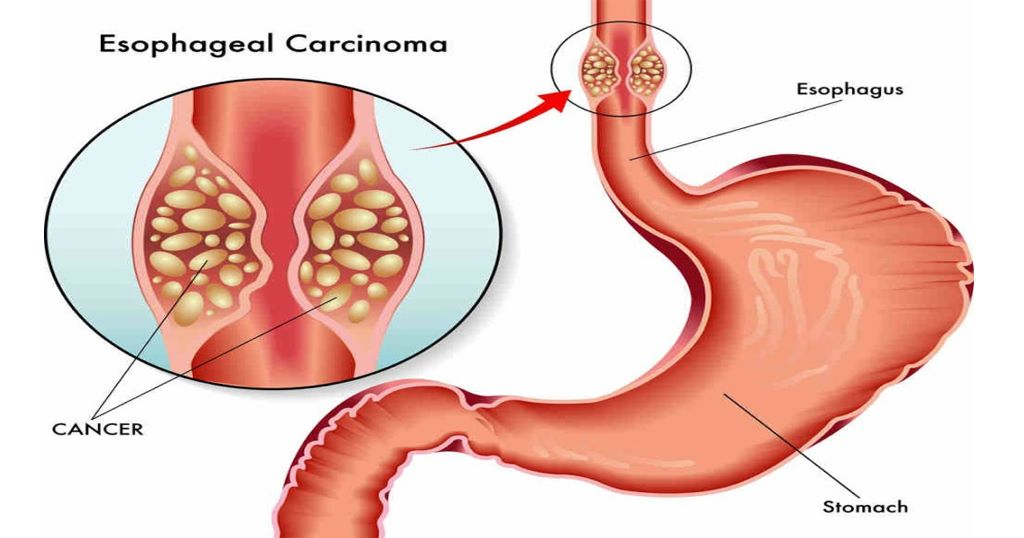
Esophageal Cance
Esophagus is the muscular tube connecting the back of your mouth to the stomach. Abnormal growth of cells in the Esophagus is called as Esophageal cancer. Diagnosis is usually made late due to delayed occurrence of symptoms.
Signs and Symptoms
- Difficulty in swallowing initially for solids, progressing to liquids
- Burning sensation in the chest
- Change of voice /dry cough
- Loss of weight
- Anaemia
Esophageal Cancer Staging
When diagnosed with esophageal cancer, the doctor works to determine the extent (stage) of the cancer. The cancer’s stage helps determine the treatment options and the tests used in staging esophageal cancer include CT scan and PET scan.
The stages of esophageal cancer are:
- Stage I: This cancer occurs in the superficial layers of cells lining the esophagus
- Stage II: The cancer has invaded deeper layers of the esophagus lining and may have spread to close by lymph nodes
- Stage III: The cancer has spread to the deepest layers of the wall of the esophagus and to nearby tissues or lymph nodes
- Stage IV: The cancer has spread to other parts of the body
Diagnosis
Endoscopy is one of the most common ways of diagnosing esophageal cancer. It may be used to obtain a tissue biopsy as well as to determine the extent of the tumor. The camera on the end of the endoscope allows doctors to see the lining ...
Treatment Option of Esophageal Cancer
Esophagectomy is a surgical procedure to remove some or all of the esophagus and then reconstruct it using part of another organ, usually the stomach. The types of esophagectomy are:
Trans-thoracic Esophagectomy where esophagus and part of stomach is removed by standard surgical approach (laparotomy, thoracotomy and neck incision)
Video-assisted Thoracoscopic Surgery (VATS) and Robotic-assisted Thoracoscopic Surgery (RATS) - These are minimally invasive surgical approach to perform esophagectomy. The post-operative recovery is much faster in these procedures.
No tube no fasting esophagectomy is performed under special circumstances, where the patient is allowed to consume food the next day after surgery
Advantages of VATS and RATS :
- Less pain
- Early recovery
- Early resumption of routine activity
- Less number of hospitals stay
- Less analgesic requirement
- Less morbidity
- Minimal trauma
- Lesser tissue handling
- More precise and cutting-edge technology

Dr Shashikiran N J
MBBS, MS, MCh
Lead Consultant Minimally Invasive Thoracic surgery
Apollo Hospitals Hyderabad
